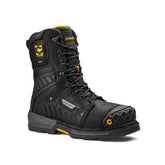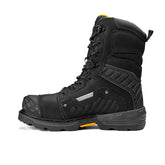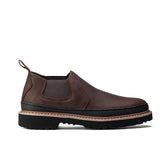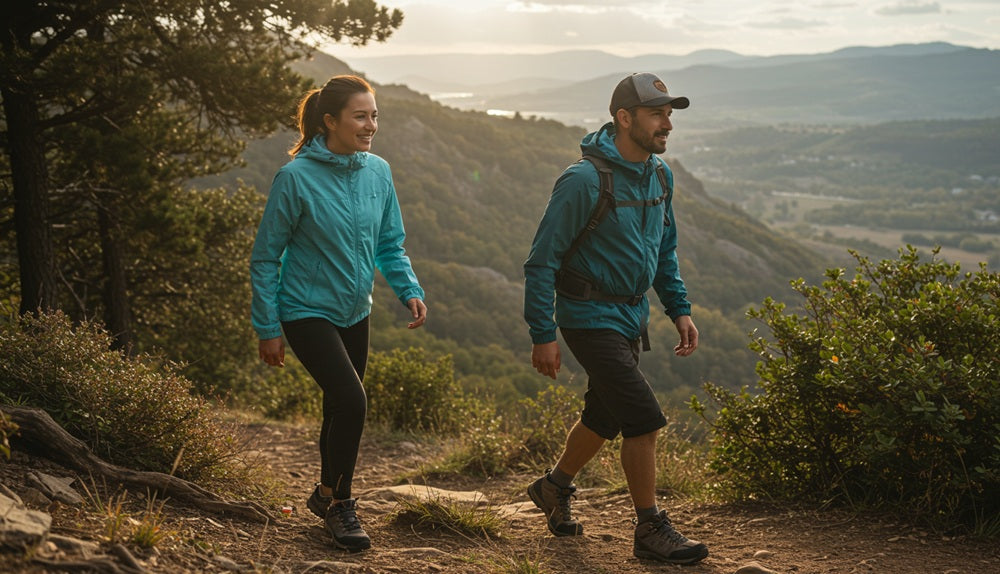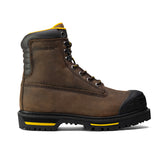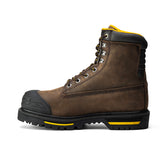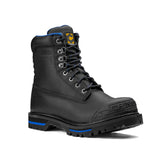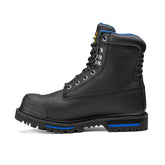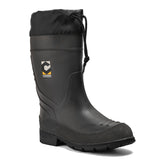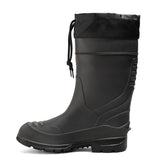Hiking Boots vs. Hiking Shoes: How Do They Differ?
Some choices in life are straightforward—black coffee or a double-shot latte, tent or hammock, sunrise or sunset. But when it comes to picking between hiking boots and hiking shoes, the answer isn’t always so clear.
What is the Difference Between Hiking Shoes and Hiking Boots?
Both hiking boots and hiking shoes have their place in the great outdoors, and knowing which one suits your adventure can make all the difference in comfort, performance, and even safety.
Should you Buy Hiking Boots?
Hiking boots are the workhorses of the trail. Rugged, supportive, and built to endure, they’re the go-to for hikers tackling rough terrain, carrying heavier loads, or venturing into unpredictable weather.
- Ankle Support & Stability – A well-structured hiking boot provides ankle support that can be a lifesaver on uneven trails, steep inclines, and loose rock paths. If you’re prone to rolling an ankle or carrying a loaded pack, boots can offer much-needed stability.
- Durability & Protection – Boots often feature thick, reinforced uppers made from full-grain leather or synthetic materials designed to withstand abrasions from rocks, roots, and debris. They’re also more likely to come with a sturdy toe cap—because stubbing your toe against a hidden root is no joke.
- Weather Resistance – Many hiking boots come with waterproof membranes like Gore-Tex, keeping feet dry through muddy trails and unexpected downpours. They also provide better insulation in cold conditions.
- Better Traction – Deeper lugs on boot outsoles provide superior grip on rocky, wet, or unstable terrain, giving you an edge when nature decides to throw a challenge your way. That said, boots aren’t without drawbacks. They’re heavier, require more break-in time, and can feel like overkill for casual hikes on well-maintained trails. That’s where hiking shoes come in.
Should you Buy Hiking Shoes?
Lighter, more flexible, and designed for speed, hiking shoes cater to those who prefer to move fast and light. They offer a blend of comfort and performance without the bulk of boots.
- Weight & Agility – Less weight on your feet means less fatigue over long distances. Hiking shoes allow for quicker movement and a more natural gait, making them ideal for day hikes or ultralight backpacking.
- Comfort & Breathability – With a low-cut design and mesh-heavy construction, hiking shoes offer better airflow, keeping feet cool and comfortable. This can be a game-changer in hot, dry climates.
- Minimal Break-In Time – Unlike boots, which often need miles of wear before they mold to your feet, hiking shoes are typically ready to go right out of the box.
- Versatility – They transition easily from trail to town, making them a solid choice for travelers who want one pair of shoes to do it all.
But they’re not perfect. Hiking shoes lack the ankle support of boots, making them riskier on technical terrain. They also wear out faster, especially when exposed to constant rough conditions. And while some models have waterproofing, they won’t keep your feet as dry as a fully-sealed boot in truly wet environments.
The Middle Ground: Trail Runners & Mid-Cut Boots
Not sure if you lean towards boots or shoes? There’s an in-between. Trail runners, often favored by thru-hikers, offer the lightweight feel of hiking shoes with extra traction and durability. Mid-cut hiking boots, on the other hand, provide some ankle support without the full bulk of a high-cut boot. If your hiking style sits somewhere between casual and hardcore, these options might strike the perfect balance.
What Hiking Shoe is Right for You?
At the end of the day, choosing between hiking boots and hiking shoes boils down to how, where, and when you hike. Ask yourself:
- Are you tackling rocky, technical trails or mostly sticking to dirt paths?
- Do you carry a heavy pack, or do you travel light?
- Is weatherproofing a priority, or do you prefer maximum breathability?
- Do you need extra ankle support, or is mobility your main concern?
No single answer works for everyone. Some hikers swear by boots for the protection and durability; others wouldn’t dream of wearing anything but trail shoes for the freedom they offer. If you hike often, chances are you’ll end up owning both.
Whatever you choose, make sure it fits well, keeps you comfortable, and supports the kind of adventure you want to have. Because when you’re miles deep into the wild, the last thing you want to think about is your feet.
Find Your Fit with Chinook Footwear
From rugged boots built for the toughest trails to lightweight footwear perfect for weekend wanderers, Chinook Footwear has a style to match your outdoor ambitions. Check out our collection and step confidently into your next adventure.

